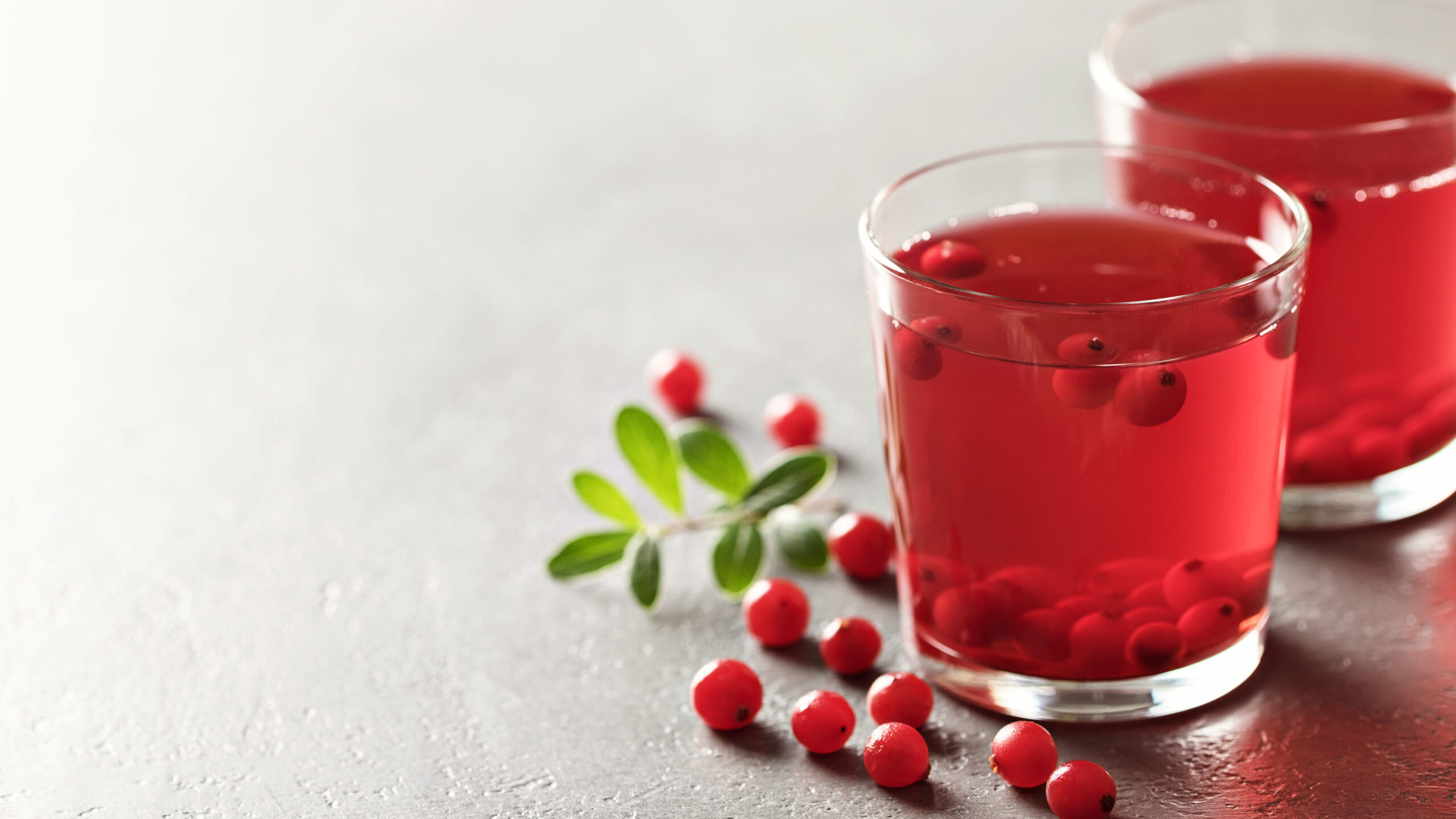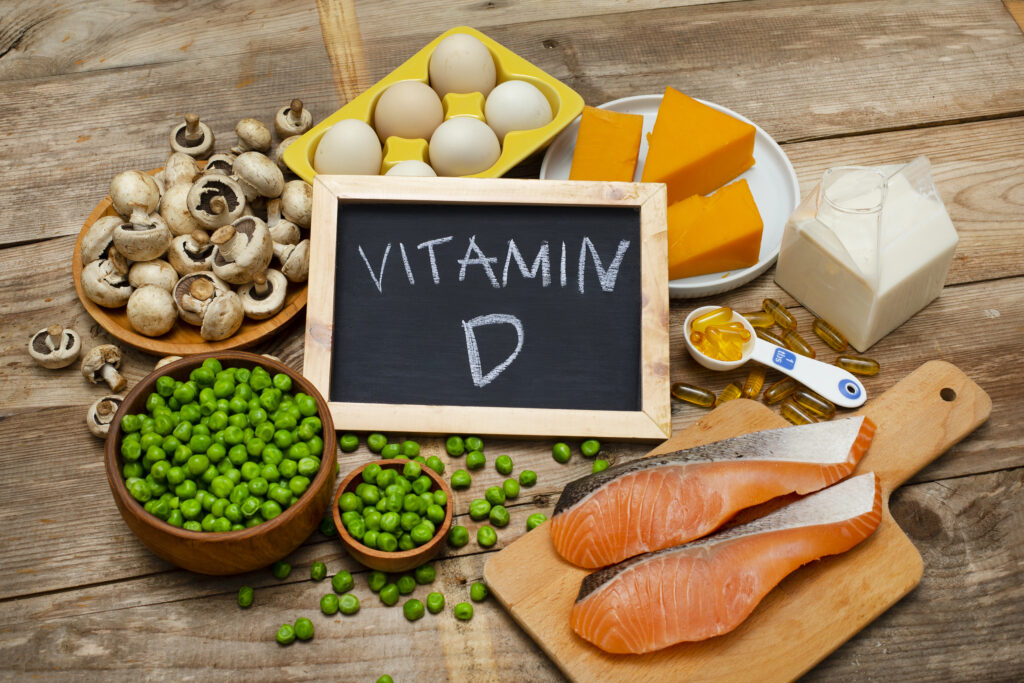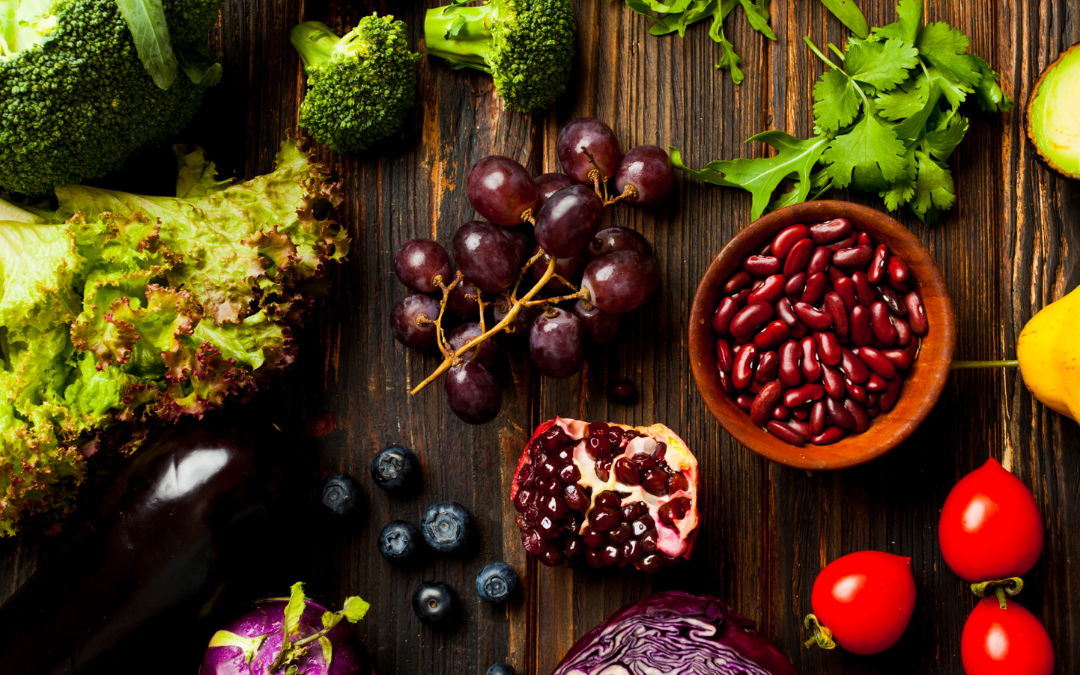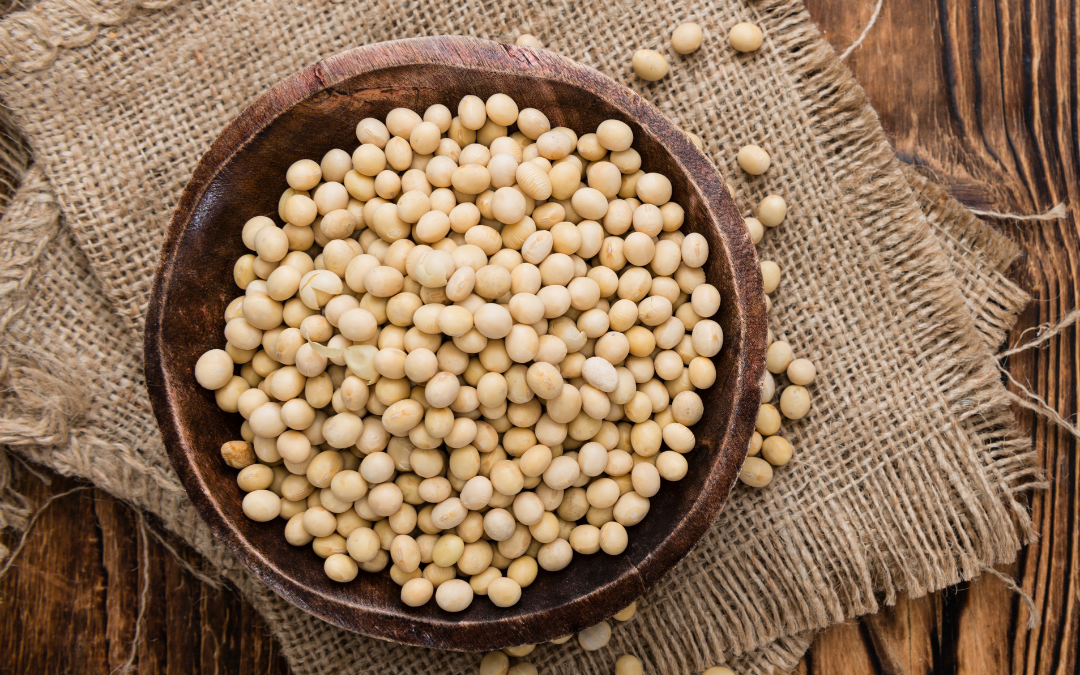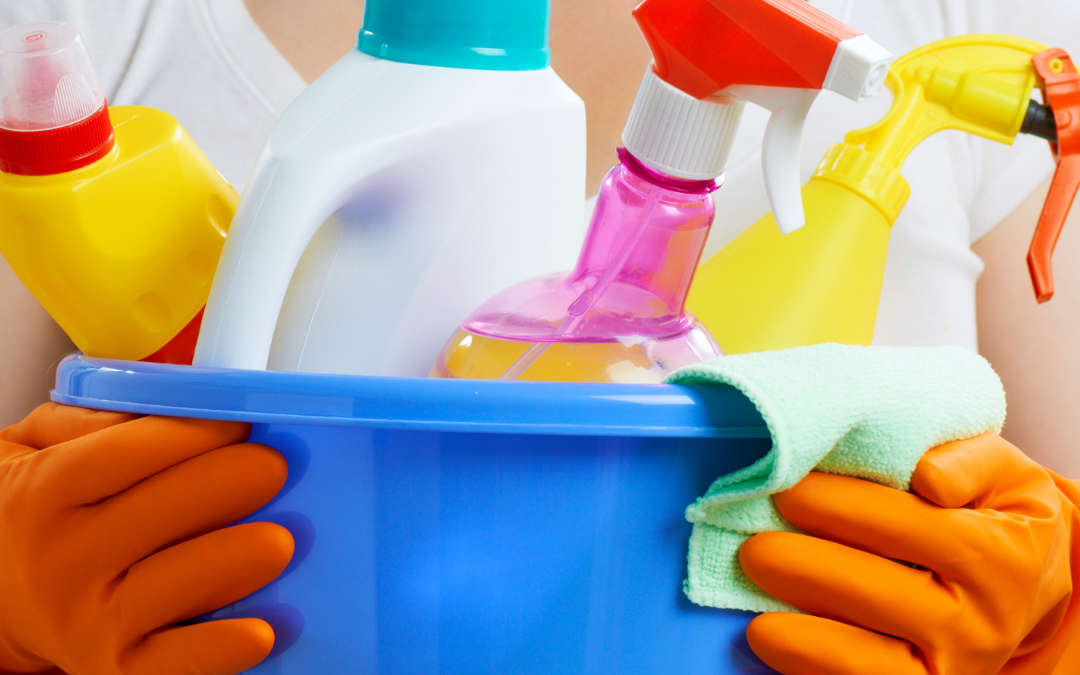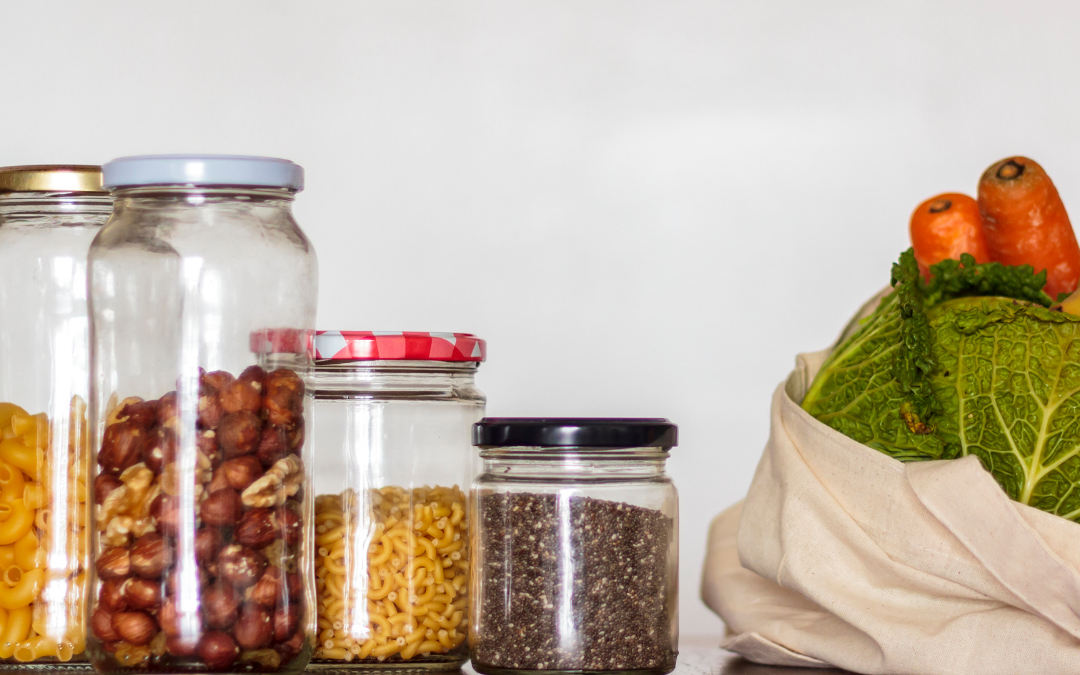Cystitis is an inflammation of the bladder, and it can be the result of infection, irritation, or bruising, or even a combination of these three factors.What symptoms can you experience?
An overwhelming urge to urinate every few minutes, normally with little urine to pass.
Burning pain during urination.
What can cause cystitis?
There are two main types of cystitis: bacterial (infectious) and non-bacterial.
Bacterial cystitis is responsible for about 50 percent of all cases of cystitis. Bacteria (normally the E-coli bacteria, see below) enters the urethra in one of a variety of different ways. Once in, it can stick to the walls of the bladder and occasionally travels to the kidneys. The urinary tract itself is normally kept clean by the rush of urine when we eliminate waste products, but infection can develop in the urethra if the bacteria sticks to the walls and multiplies. It then travels up the urethra to the bladder causing inflammation and infection.
Women who use tampons are more susceptible to bacterial cystitis than women who use pads. The chemicals from tampons can irritate the delicate lining of the vagina, encouraging inflammation and bacterial infection which then travels to the urethra. Furthermore, the string on a tampon can act like the fuse on a stick of dynamite: providing bacteria with easy access to the body.
Non-bacterial or non-infective cystitis is normally caused by bruising or irritation. This type of cystitis is often nicknamed ‘honeymoon cystitis’ because sex can irritate or bruise the entrance to the urethra, causing inflammation. This inflammation can also make infection more likely. Sex can also cause infectious cystitis; when body fluids are mixed, bacteria can more easily be transferred to the urinary tract.
Other causes of non-bacterial cystitis include: chemical irritants, including soaps and bubble baths. Even swimming pool chlorine can irritate the delicate lining of the urethra. Vibrations, such as riding a motorcycle, can also cause bruising, which leads to symptoms of cystitis. Drinking too little can make the urine over concentrated, causing irritation of the urethra and the bladder, which is never properly emptied. Some foods can also irritate the bladder and the urethra, including spicy foods, alcohol, strong coffee and any foods to which you may be allergic. Fresh fruit juice is also highly acidic, which can cause irritation in some people.
Some women experience cystitis during pregnancy because the urethra is relaxed by the extra progesterone produced by the body. In later pregnancy, urine can remain trapped in the bladder due to the size of the expanding foetus, also causing inflammation.
Cystitis is also more common around the menopause because, as oestrogen levels fall, the walls of the vagina become thinner and the walls of the urethra shrink, encouraging bacterial infection and making women more susceptible to irritants.
THE NATURAL APPROACH
Using your diet
Eating healthily will help to boost your immunity and encourage your body to overcome infection. In particular, pay attention to the following, which will help to kill off the bad bacteria, as well as restore balance in your system.
Avoid acidity
Acidic foods and drinks, such as tea, coffee, alcohol, sugar, meat, spicy foods and undiluted citrus juices, can trigger cystitis, so if you are prone to the infection try to avoid them, and if you are overcoming an infection eliminate them from your diet completely. Instead, six to eight glasses of pure, filtered or mineral water every day to help dilute the acid in your urine.
Drink barley water
Barley water makes a great anti-inflammatory agent for the urinary system. Buy whole barley, put 1.5oz (40g) in 2 pints (1.2 litres) water, boil and simmer for 20 minutes. Add a slice of lemon or the juice of one lemon and simmer for a further 10 minutes. Allow to cool, then sip the water throughout the day.
Eat live yogurt Organic
Live natural yogurt contains lots of beneficial bacteria to help recolonize your system, especially if you have been taking antibiotics.
Avoid all sugar
Sugar feeds bacteria and weakens your immune system. Avoid anything with sugar in it – this includes not only obvious sugar products, such as sweets and chocolate, but also refined carbohydrates, such as white flour (which is found in cakes, pastries, bread and so on), and sauces such as tomato ketchup.
Drink cranberry juice
As long as it is unsweetened, unpasteurized and wholly natural, cranberry juice will help overcome cystitis because cranberries are high in substances called proanthocyanidins. These prevent the E coli bacteria from attaching themselves to the mucus lining of the bladder and urethra. If they can’t attach, they can’t multiply and this means they simply get washed away in your urine. You can use cranberry juice as a preventative, if you are prone to bouts of cystitis. However, do make sure that it is unsweetened, unpasteurized natural cranberry. Or, take a powdered cranberry supplement, or eat handfuls of the fresh fruit if you prefer.
Eat garlic
A wonderful, natural medicine, immune-boosting garlic helps eliminate the E coli bacteria, along with others indicated in cystitis. Raw garlic is much more effective than cooked, so chop it finely and sprinkle it over salads or in dressings; or eat whole cloves if you can bear it. Alternatively, take it as a supplement.
Supplements
Bromelain (500mg, three times daily between meals) This is a digestive enzyme that is found naturally in pineapple and papaya. It has anti-inflammatory properties that help soothe cystitis.
Vitamin C (500mg, four times daily during infection) Studies show that immune-boosting vitamin C can prevent E coli from multiplying and taking hold. Take the supplement as magnesium or calcium ascorbate, which is less acidic than ascorbic acid.
Beta carotene (25,000iu dialy) The precursor to vitamin A, beta carotene is a potent antioxidant that can help your cells fight infection.
Zinc (30mg daily) This is another important antioxidant that can help prevent an infection.
Probiotics (22 billion bacteria, daily) Live yogurt contains lactobacillus acidophilus (healthy bacteria), but the concentration of bacteria in live yogurt is quite thin, so for the best levels of protection against infection eat yogurt and take a supplement.
For more assistance, make an appointment with a Nutritionist at Glenville Nutrition Clinic.
